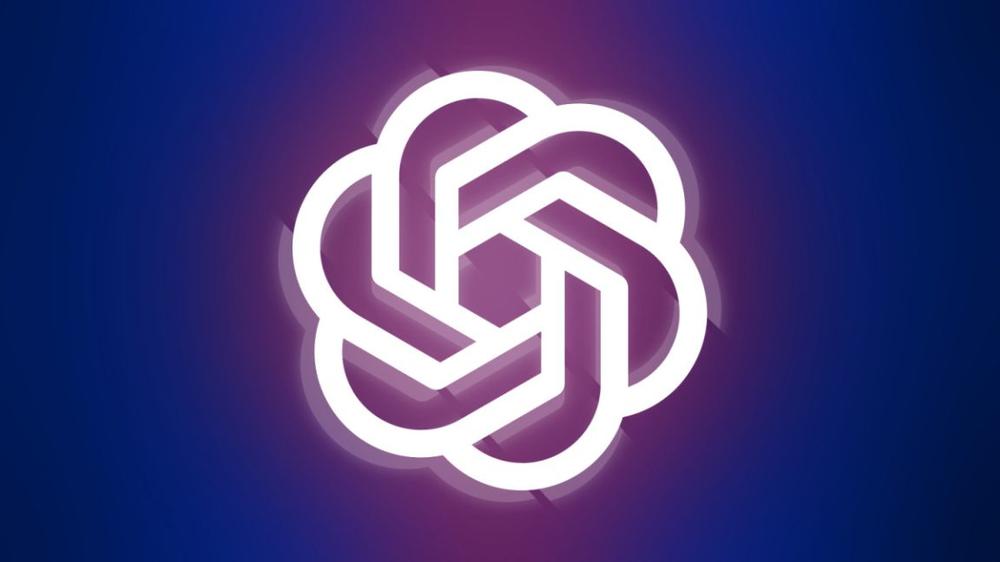It's been less than a week since the launch of OpenAI's new GPT-5 AI model, and the rollout hasn't been a smooth one. So far, the release sparked one of the most intense user revolts in ChatGPT's history, forcing CEO Sam Altman to make an unusual public apology and reverse key decisions.
At the heart of the controversy has been OpenAI's decision to automatically remove access to all previous AI models in ChatGPT (approximately nine, depending on how you count them) when GPT-5 rolled out to user accounts. Unlike API users who receive advance notice of model deprecations, consumer ChatGPT users had no warning that their preferred models would disappear overnight, noted independent AI researcher Simon Willison in a blog post.
The problems started immediately after GPT-5's August 7 debut. A Reddit thread titled "GPT-5 is horrible" quickly amassed over 4,000 comments filled with users expressing frustration over the new release. By August 8, social media platforms were flooded with complaints about performance issues, personality changes, and the forced removal of older models.
Marketing professionals, researchers, and developers all shared examples of broken workflows on social media. "I’ve spent months building a system to work around OpenAI’s ridiculous limitations in prompts and memory issues," wrote one Reddit user in the r/OpenAI subreddit. "And in less than 24 hours, they’ve made it useless."
How could different AI language models break a workflow? It's because each one is trained in a different way, and each includes its own unique output style. Users have developed sets of prompts that produce useful results optimized for each AI model.
For example, Willison wrote how different user groups had developed distinct workflows with specific AI models in ChatGPT over time, quoting one Reddit user who explained: "I know GPT-5 is designed to be stronger for complex reasoning, coding, and professional tasks, but not all of us need a pro coding model. Some of us rely on 4o for creative collaboration, emotional nuance, roleplay, and other long-form, high-context interactions."
The forced transition hit ChatGPT Plus subscribers particularly hard. They found themselves limited to 200 messages per week with the new GPT-5 Thinking mode while losing access to models like o3 and o4-mini that they had integrated into daily workflows. One Reddit user laid out their frustration: "What kind of corporation deletes a workflow of 8 models overnight, with no prior warning to their paid users?"
Other issues with GPT-5
Adding to OpenAI's credibility problems, the GPT-5 launch presentation included what users dubbed a "chart crime"—graphs that misrepresented GPT-5's performance improvements. Altman addressed this in a Reddit "Ask Me Anything" (AMA) thread, calling it a "mega chart screwup" and apologizing for the inaccuracies.
And just after launch, the new automatic routing system, designed to select the appropriate model variant based on each query, consistently defaulted to less capable variants unless users explicitly added phrases like "think harder" to their prompts. During Friday's AMA, Altman admitted the routing system that automatically selected which AI model to use had malfunctioned on launch day. "Yesterday, the autoswitcher broke and was out of commission for a chunk of the day, and the result was GPT-5 seemed way dumber," he wrote.
Beyond technical and marketing glitches, users found GPT-5's responses fundamentally different from what they expected, as we covered last week. The model produced shorter, more formal responses that lacked the conversational tone of GPT-4o. Multiple users described the new model as "abrupt and sharp." One Reddit user complained: "it's an overworked secretary. A disastrous first impression."
Others expressed deep emotional attachments to GPT-4o or other models, complaining about losing their "only friend" or a deep emotional companion.
"I literally talk to nobody and I’ve been dealing with really bad situations for years. GPT 4.5 genuinely talked to me, and as pathetic as it sounds that was my only friend. It listened to me, helped me through so many flashbacks, and helped me be strong when I was overwhelmed from homelessness," wrote one Reddit user on r/ChatGPT. "This morning I went to talk to it and instead of a little paragraph with an exclamation point, or being optimistic, it was literally one sentence. Some cut-and-dry corporate bs. I literally lost my only friend overnight with no warning. How are ya'll dealing with this grief?"
A breaking point
For many users, the GPT-5 launch represented a breaking point. Some claimed to cancel their Plus subscriptions in protest, while others began exploring alternative AI assistants like those from Google and Anthropic. The backlash seemed to catch OpenAI off guard. During the AMA session on Friday, Altman and key members of the GPT-5 team faced a barrage of questions and demands to bring back GPT-4o.
In response to a plea titled, "Please Give Us the Option to Use GPT-4o/4.1 Alongside GPT-5," Altman wrote, "we are looking into this now; is it important to you to have both 4o and 4.1, or would 4o suffice? let me go look into the voice mode issue."
The intensity of the feedback forced OpenAI into rapid damage control mode. Within 24 hours of launch, Altman announced several changes: GPT-4o would eventually return as an option for Plus users, rate limits for GPT-5 would double, and the company would improve transparency about which model variant was handling each query. (As of Monday afternoon, the GPT-5 family is still the only option in ChatGPT, even for Pro users.)
"We for sure underestimated how much some of the things that people like in GPT-4o matter to them," Altman wrote in a Friday post on X. "Even if GPT-5 performs better in most ways."

 Boar’s Head to reopen plant as mold and funky meat problems pop up elsewhere
Boar’s Head to reopen plant as mold and funky meat problems pop up elsewhere